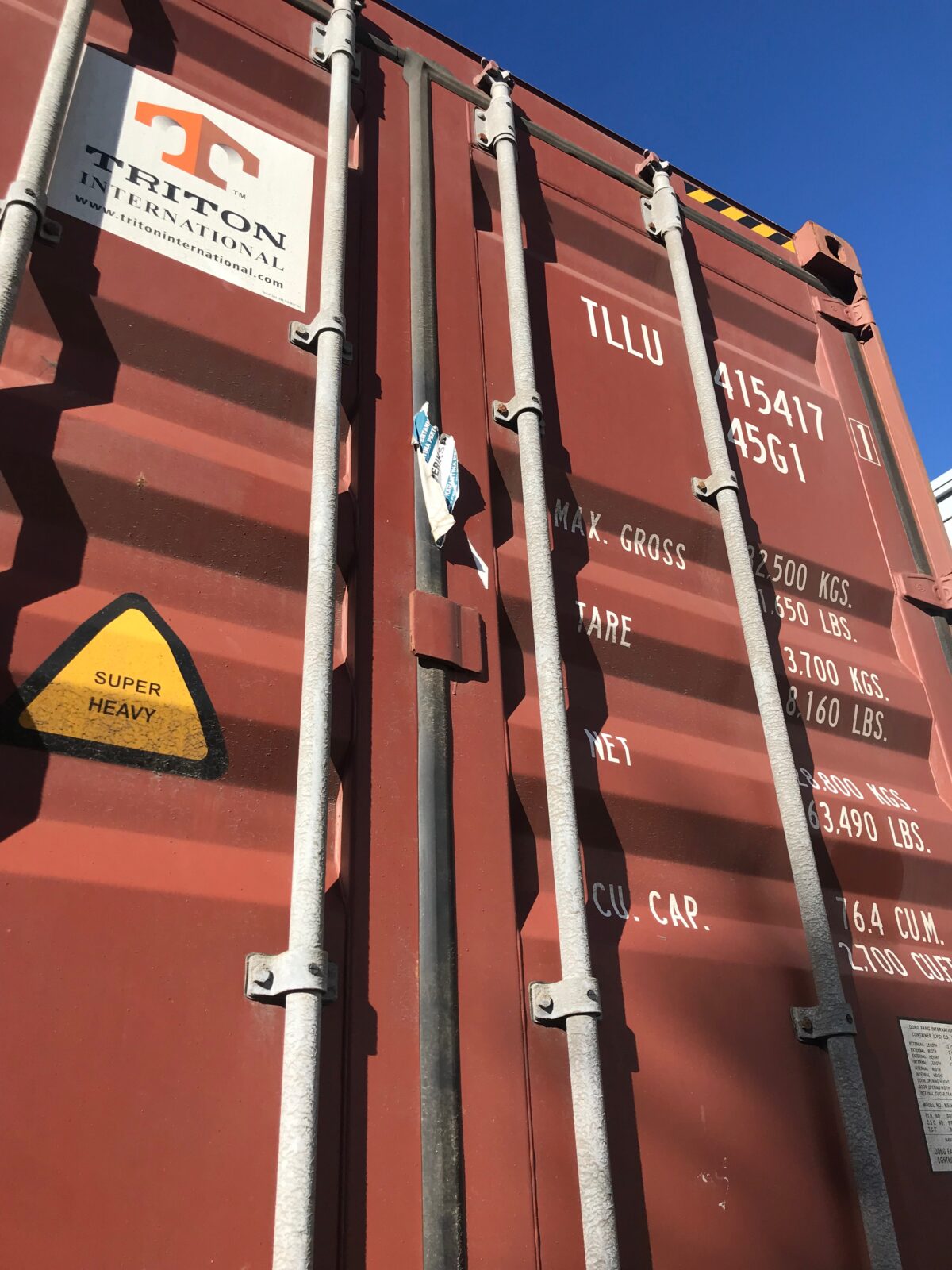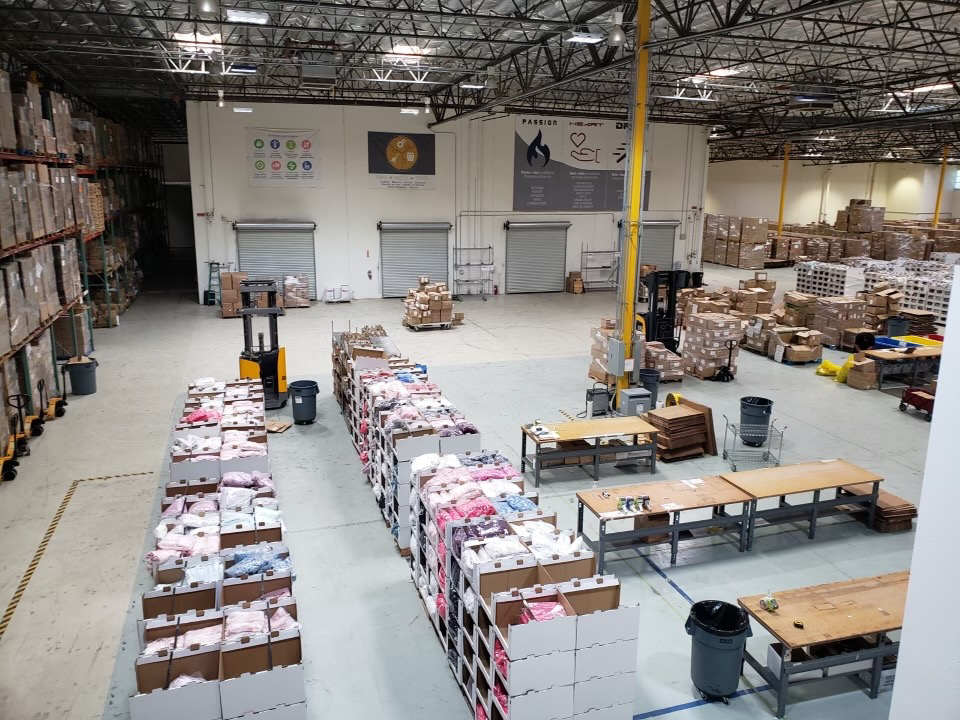-
Ship Smarter, Not Harder: How 3PL Can Save You on Shipping Expenses

Many companies struggle with finding ways to reduce their shipping costs while still providing fast and reliable service to their customers. One solution to this problem is to partner with a third-party logistics provider (3PL).
-
The future of Amazon and its impact on the eCommerce industry

Get ready for a glimpse into the future of Amazon and its impact on the world of online shopping. With exciting investments in emerging technologies and sustainable initiatives, Amazon’s future growth looks promising. However, as the retail giant continues to dominate the e-commerce industry, it’s important to consider how this impacts small businesses and competition.
-
The Power of Third-Party Logistics: How 3PLs are Revolutionizing eCommerce Selling

In today’s world, eCommerce has become a major player in the retail industry, with tens of millions of people shopping online every day. As eCommerce continues to grow and evolve, the need for efficient and reliable logistics has become increasingly important. Third-Party Logistics (3PL) providers have emerged as a solution to the challenges faced by…